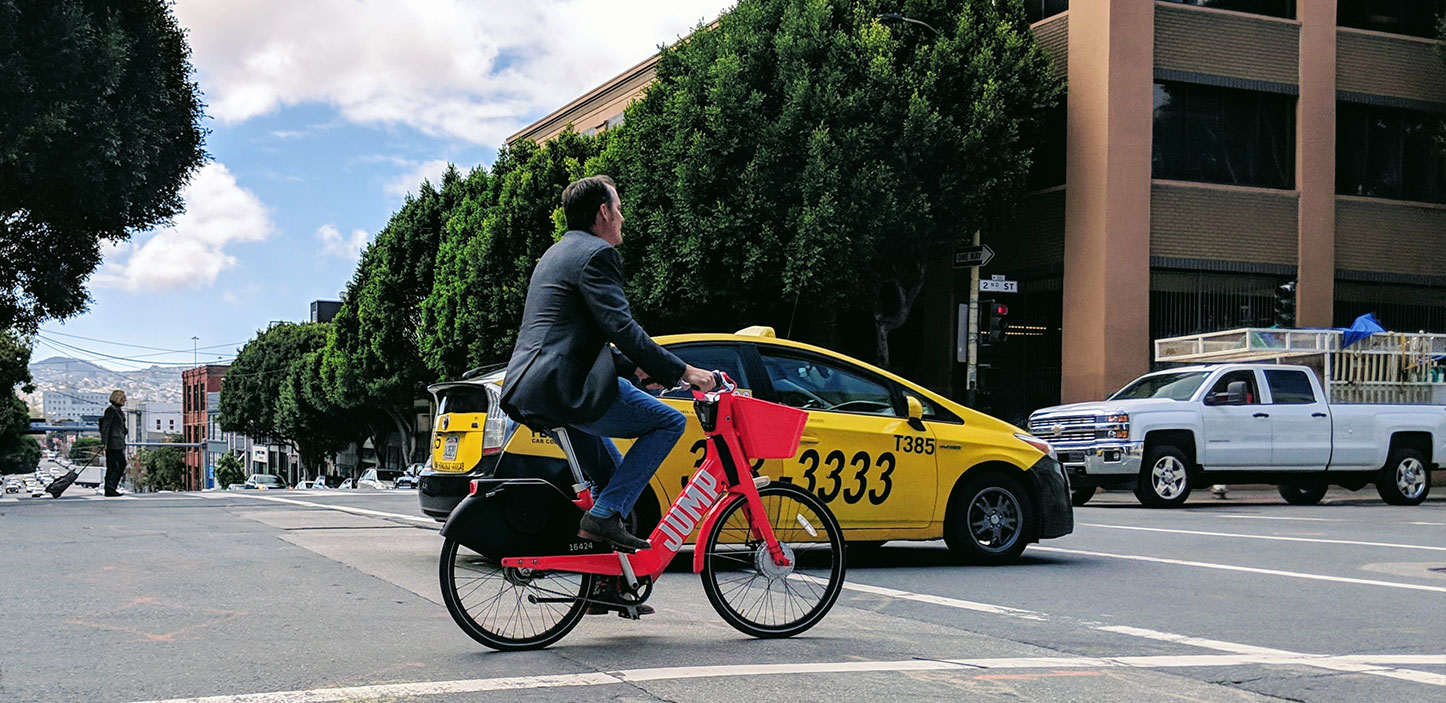BACKGROUND
The case revolves around the classification of Indian Railways as a deemed distribution licensee and the associated obligations regarding cross subsidy surcharges (CSS) and additional surcharges (AS). Indian Railways, due to its extensive nationwide electricity procurement and usage, falls under the category of a deemed distribution licensee, exempting it from acquiring a license for inter-state transmission of electricity. The railways directly procures electricity from power distribution companies (discoms) across various states, bypassing the need for a single discom. Discoms impose CSS (Cross Subsidy Surcharge) and AS (Additional Surcharge) on large commercial users who procure electricity from suppliers other than the discom, aiming to compensate for the utilization of the discom's electricity supply network. The appeal by various state electricity departments challenges the deemed licensee status granted to Indian Railways, arguing that it should not be exempt from paying these charges since its procurement spans multiple discoms.
DISCOMS contend that Indian Railways, by consuming all the electricity it procures and not engaging in sales, does not meet the criteria for a deemed licensee.
On 12th February 2024 APTEL in a judgement, said that as the Railways consumes all the electricity that it procures, it is not a licensee and hence is liable to pay additional surcharges and cross subsidy surcharges like any other open access electricity consumer.
IMPLICATIONS ON INDIAN RAILWAYS POST APTEL’S JUDGEMENT
In FY24, the railways allocated approximately INR 20,000 crore for electricity consumption expenses, with projections indicating an increase to around INR 22,000-23,000 crore for FY25. Of this expenditure, approximately 60% is allocated to train operations, with the remainder allocated to non-traction purposes. However, if the railways is categorized as an Open Access Consumer, it would become subject to Cross Subsidy Surcharges (CSS) and Additional Surcharges (AS). This would result in a nearly 10% increase in the railway's electricity expenses. Consequently, the annual electricity expenditure could rise by close to INR 2,500 crore, potentially leading to increased charges for consumers or indirectly through elevated budgetary allocations.
Our aim is to deliver comprehensive insights that will aid our client's decision-making process and support their long-term goals in the waste management and facility management sectors, ensuring a successful and informed business journey.
What was the case about ?
The Case at Hand
Parties Involved: The judgement involved appeals filed by Indian Railways challenging their classification as "consumers" under the Electricity Act. Distribution companies (DISCOMs) in Odisha were the opposing party.
The Dispute: Indian Railways argued they were "deemed distribution licensees" under the third proviso to Section 14 of the Act. This status would exempt them from paying additional surcharges like cross-subsidy surcharges, which help balance electricity tariffs for different consumer categories.
APTEL’S ADJUDICATION
APTEL examined multiple facets of the Electricity Act and scrutinized the roles of Indian Railways as defined in the Railways Act, 1989, with the aim of assessing whether Indian Railways meet the criteria to be considered a deemed distribution licensee. Additionally, APTEL addressed various matters concerning the status and privileges of Indian Railways under the Electricity Act, which are outlined below among other issues and complexities:
IMPLICATIONS
1. Financial Implications:
2. Long-Term Implications:
3. Regulatory Framework Enhancement:
4. Consumer Impact:
CASE REFERENCE
APPELLATE TRIBUNAL FOR ELECTRICITY
APPEAL NO. 276 OF 2015, APPEAL NO.320 OF 2018, APPEAL NO.114 OF 2020 & IA NOS. 635 OF 2020& 654 OF 2023, APPEAL NO. 73 OF 2021 & IA NO. 969 OF 2020, APPEAL NO. 213 OF 2021 & IA NO. 915 OF 2021, APPEAL NO. 170 OF 2019 & IA NO. 709 OF 2019 & IA NO. 809 OF 2021, APPEAL NO. 343 OF 2019 & IA NO. 1787 OF 2019 & APPEAL NO.133 OF 2020 & IA NOS. 934 OF 2020, 873 OF 2021& 709 OF 2023DATED: 12th FEBRUARY 2024







